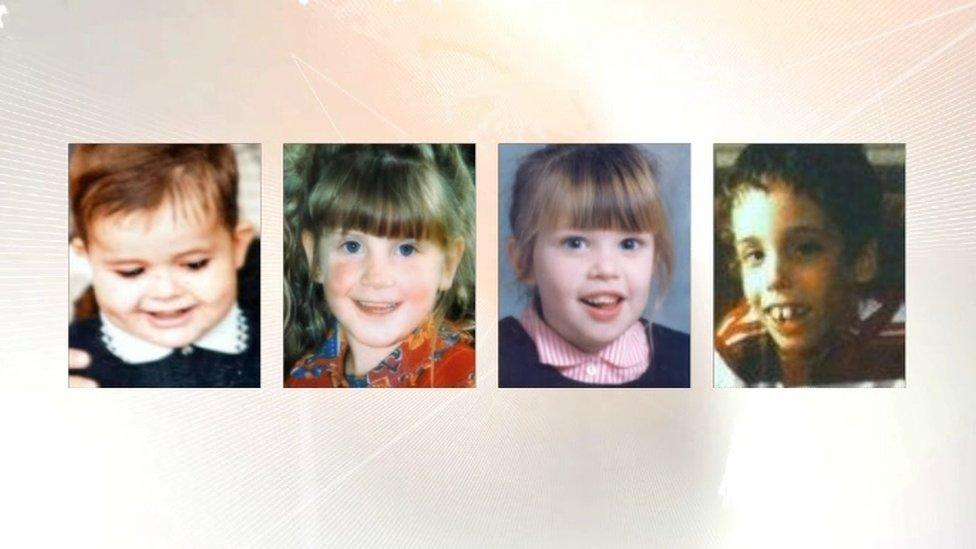Hyponatraemia deaths: Call for independent examiner
- Published
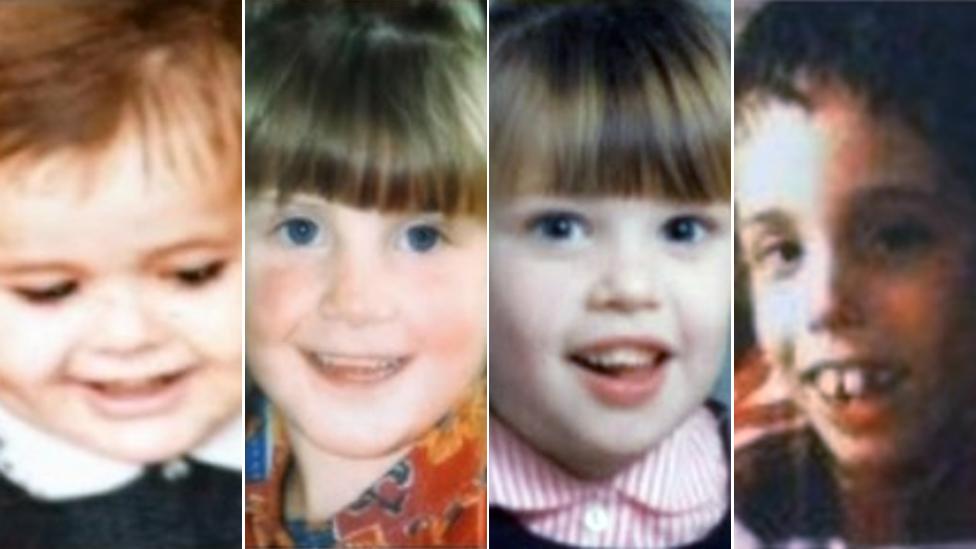
Adam Strain, Raychel Ferguson, Claire Roberts, Conor Mitchell and Lucy Crawford (not pictured) died after the level of sodium in their blood became abnormally low
An independent medical examiner for Northern Ireland, recommended by an inquiry into children's deaths, should be appointed without further delay, according to a coroner.
Joe McCrisken said it could stop other families having to go through the trauma experienced by bereaved parents involved in the Hyponatraemia Inquiry.
Hyponatraemia is an abnormally low level of sodium in the bloodstream.
The inquiry into five children's deaths found four were avoidable.
When the 14-year inquiry came to an end in January, its chairman, Mr Justice O'Hara, heavily criticised health services and said some medical witnesses "had to have the truth dragged out of them".
The creation of an independent medical examiner post was among the 96 recommendations in his final report.
But the introduction of such a role requires legislation and approval by the Northern Ireland Executive, which has been in limbo since the power-sharing government collapsed in January 2017.
Covered up
A medical examiner would have the authority to scrutinise a greater number of deaths than are currently subject to independent analysis.
BBC News NI Health Correspondent Marie-Louise Connolly explains the background to the hyponatraemia inquiry
Mr McCrisken, one of Northern Ireland's three coroners, said while more deaths were being reported, the move would also offer greater transparency.
"I would like to see a much more robust system of death investigation and part of that would be the introduction of an independent medical examiner that was recommended by Mr Justice O'Hara," he told BBC News NI.
"That would strengthen the independence and scrutiny of deaths like the children that were the subject of the inquiry, and could prevent other families and other parents going through what the Roberts and other families had to go through."
Lucy Crawford and Claire Roberts were among the five children whose deaths were investigated by the inquiry.
It found that neither death had been properly reported to the coroner and said facts around Claire's death were covered up.
According to Mr McCrisken, an independent medical examiner may have picked up on Claire's death, which was not reported to the coroner for eight years.
A fresh inquest into Claire Roberts' death began earlier this month, which is being heard by Mr McCrisken.
The nine-year-old schoolgirl from east Belfast died two days after she was admitted to the Royal Belfast Hospital for Sick Children in 1996, suffering from vomiting and drowsiness.
Hospital doctors prescribed intravenous fluids. However, Claire was given a fatal overdose of fluids and medication.
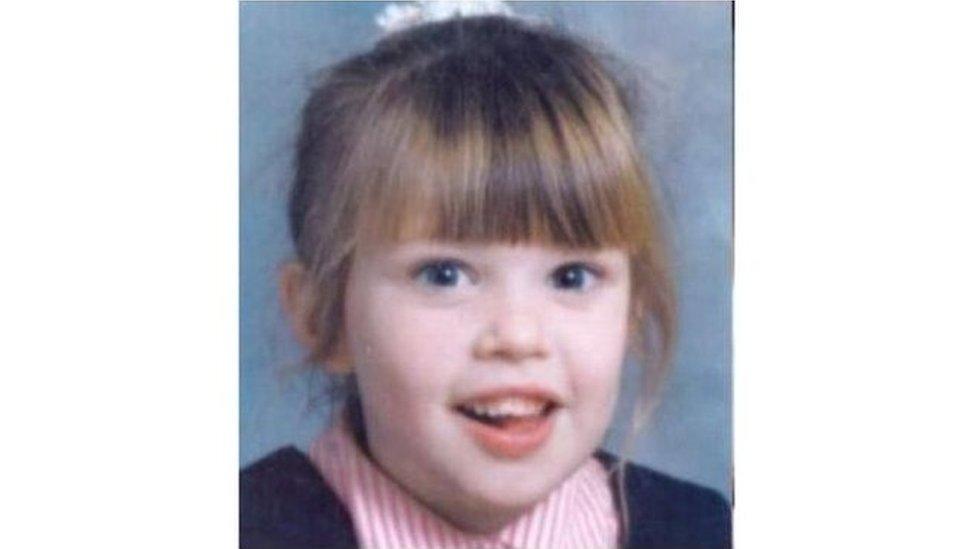
Claire Roberts' death is now the subject of a second inquest
For 21 years, her parents, Alan and Jennifer Roberts, protested that the truth about their daughter's death had been concealed.
The second inquest would be different for the parents, said the coroner, and it was important there was no further delay that could cause them further trauma.
'Lead the world'
Approximately 16,000 people die every year in Northern Ireland.
About 4,000 of those deaths are reported to the coroner.
While the other 12,000 cases do not always require scrutiny, an independent medical examiner would allow for further investigation.
But Mr McCrisken said such an appointment required ministerial and executive approval and funding.
"The independent medical examiner has been recommended as far back as 2003, and we still don't have one," he said.
"That means between 2003 and now there have been around 200,000 deaths [that] have occurred without proper independent scrutiny. So the introduction of the post should happen without delay."
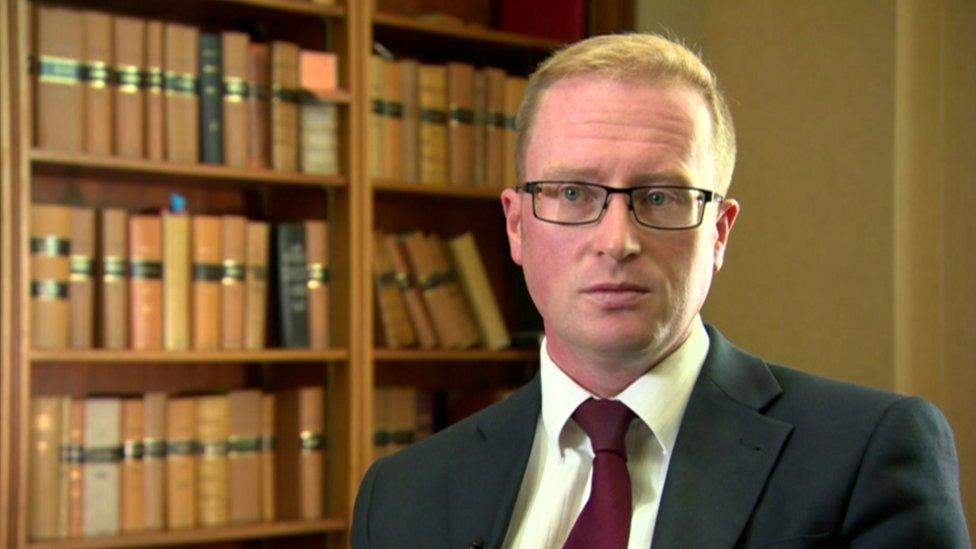
Joe McCrisken is one of Northern Ireland's three coroners
According to Mr McCrisken, the role would also mean that Northern Ireland would lead the way in death investigation.
"The Hyponatraemia Inquiry... would prove to be a catalyst for real change in Northern Ireland, and Northern Ireland could genuinely lead the world in death investigation if the findings and recommendations are acknowledged and followed without delay."
'Criminal liability'
The inquiry's report also recommends that a statutory duty of candour be enacted to ensure every health care organisation and individual is open and honest in the dealing with patients and the public.
The fact that it also recommends that criminal liability be attached if breached has caused controversy, and Mr McCrisken said that required a lot more discussion.
"There is a degree of fear and nervousness around a criminal duty or criminal penalty being attached," he said.
"It remains to be seen whether this would encourage or discourage medics."
- Published18 May 2018

- Published31 January 2018
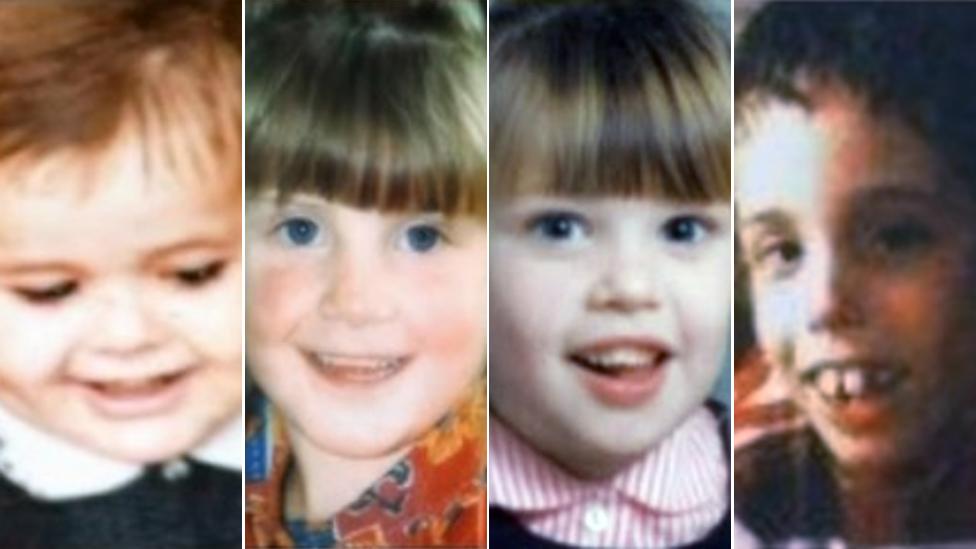
- Published31 January 2018
